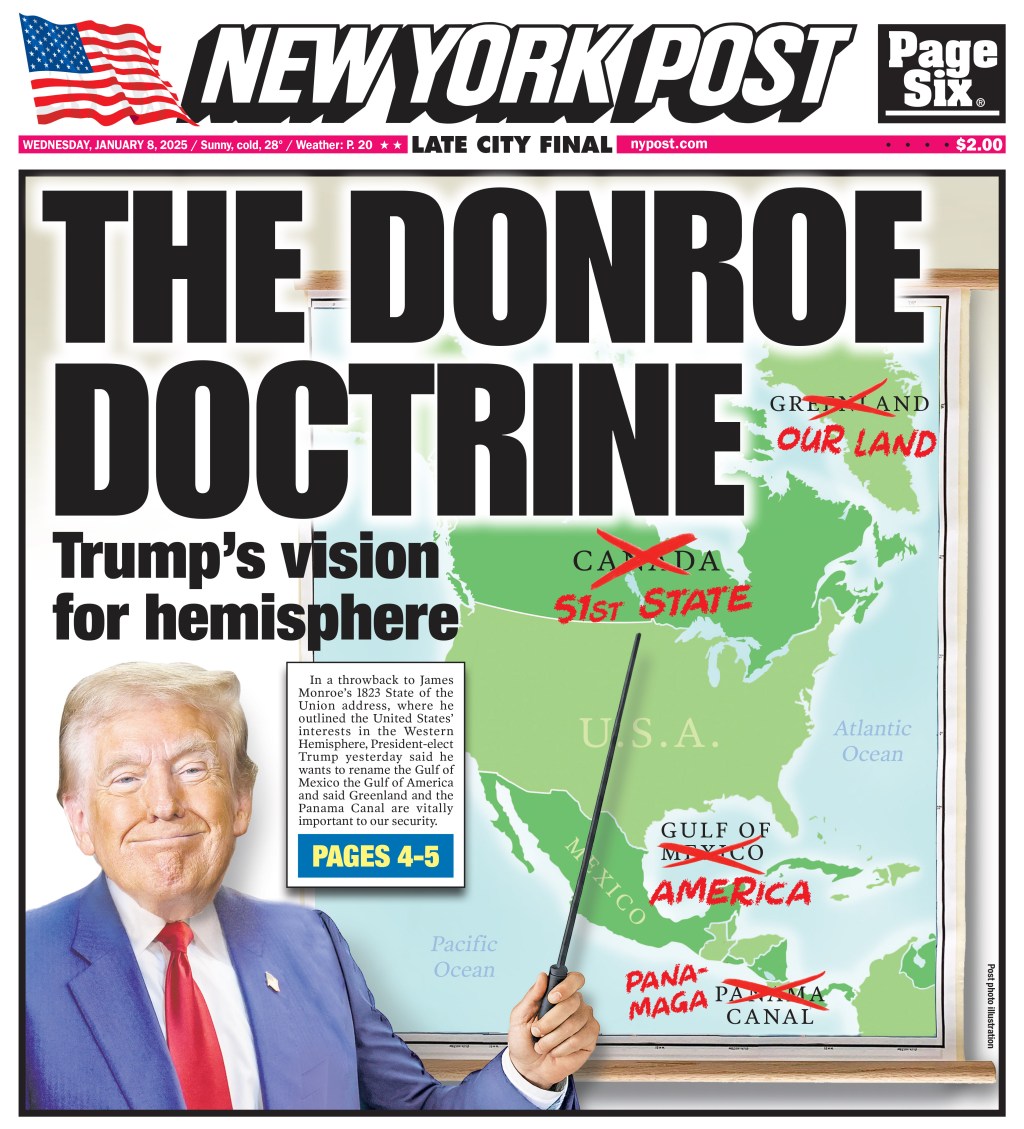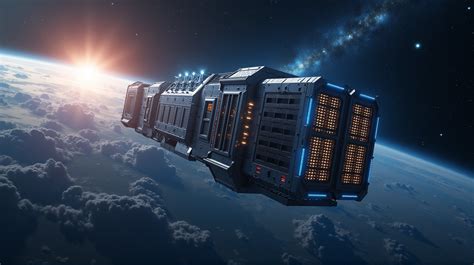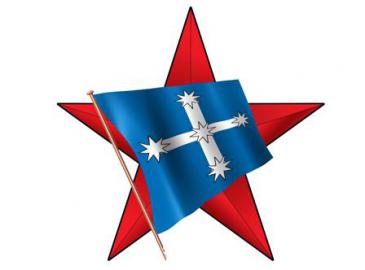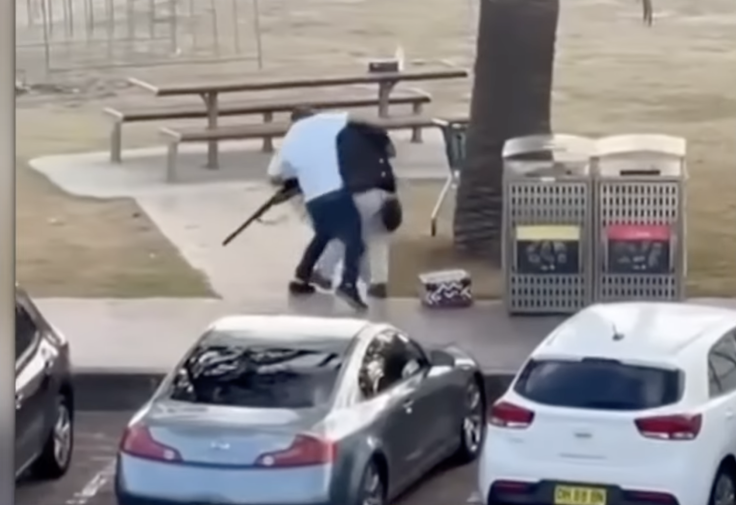Written by: Central Committee, CPA (M-L) on 1 January 2026
At the end of 2025, the CPA (M-L) sent the following meeting of solidarity and support to the Communist Party of the Philippines on the 57th anniversary of its re-establishment.
The Communist Party of Australia (Marxist-Leninist) extends comradely greetings and solidarity to the Filipino workers and the Communist Party of the Philippines on the 57th anniversary of the Party’s re-establishment on the 26 December, 1968.
The Communist Party of the Philippines is the leading force in the struggles of the Filipino people against semi-feudalism, semi-colonialism, bureaucrat capitalism, imperialist domination and the puppet Marcos government.
The Communist Party of the Philippines has a rich history of leading the Filipino working class and peasants in the national democratic revolution, forming the New People’s Army and the National Democratic Front of the Philippines as crucial weapons in the arsenal of Filipino workers and peasants and other patriotic Filipinos in their struggle for national democracy and social liberation.
The CPA (M-L) extends its sympathies to the hundreds of thousands of victims of the huge flash flooding and landslides inflicted on the Filipino masses by the recent disasters of Typhoons Tino and Uwan, and the corruption and greed of treacherous bureaucrat-capitalist and semi-feudal classes which left so many exposed to nature’s fury.
The deaths of at least 269 people, hundreds injured and destruction of over a quarter million homes in Typhoon Tino has left millions of working people in great hardship, confronting even worse poverty and suffering. The additional death and devastation from Super Typhoon Uwan a week later, multiplied the people’s suffering.
Billions of pesos spent on flood control projects failed to mitigate the floods and landslides. Many structures collapsed, were swept away or had never been completed. The Marcos and Duterte governments connived with mine and quarry owners, collaborators with foreign imperialists, in exposing huge areas to this devastation.
The people mobilised in outrage and mass protest across the country.
The CPA (M-L) hails the Filipino people’s rising in determination to secure relief from their suffering, and justice for the victims of the recent disasters.
People’s organisations and agencies mobilised their own capacities to provide assistance to the survivors.
The leadership of the Communist Party of the Philippines, and the work of the NPA and NDF have seen the development of many new mass organisations facilitating mobilisation of hundreds of thousands of people thundering demands for accountability and justice despite the regime’s efforts to sabotage and suppress the rising people’s movement.
The outburst and mobilisation confirm the CPP’s approach of protracted people’s war to destroy the semi-colonial and semi-feudal system. Under the US-Marcos regime, the Filipino people experience worsening conditions with no way out but to pursue the struggle for national democracy and win national and social liberation.
While the Filipino people suffer these hardships and rise in struggle for relief and liberation, the Australian military take an increasing role supporting the Philippines military as the US-Marcos regime treacherously transforms the country into a battleground for inter-imperialist conflict.
The US imperialist AUKUS pact and US-Australia military alliance is dragging Australia into US imperialist wars and now is threatening an inter-imperialist war with China. The US and its puppet Australian governments are turning Australia into a major US military base in preparations for war with China. The Australian people are resisting the US led march to war and are building anti-war alliances with the people of Asia-Pacific. Neither the Australian people nor the people of the Philippines want war
The US with the connivance of the Marcos regime involves Australian troops to train in warfare against the NPA and other forces in Exercise Kaangga on Mindanao; Australia also takes an increasing role in preparations for inter-imperialist war in the Philippines and other parts of our region. In ‘Operation Alon’ and Balikatan the US roped in Australian and Philippine military forces, Australia’s largest troop deployment to Southeast Asia this century, drilling for large-scale combat aimed at securing US hegemony in the South China Sea.
The Australian Defence Forces and the Armed Forces of the Philippines have conducted more than 20 training events and exchanges in 2025, more than doubling the number in 2024.
On top of this there is increasing military, construction industry and logistics industry penetration across Australia and the Philippines by bureaucrat capitalists and capitalist collaborators with US imperialism like Prime BDM construction with the Razon group and Brisbane’s Power family collaborating in war preparations while enriching themselves.
The intensity of the US imperialists rivalry with Chinese social-imperialists raises the danger of a world war to new heights. People of our two countries and the world generally have to make their own preparations to defeat US aggression and their local collaborators, while rejecting overtures of the Chinese imperialists to surrender people’s struggles for national and social liberation. The Filipino and Australian people’s only defence is to smash US imperialist aggression, and step up the struggle for national and social liberation.
We hail the victories of the heroic New People’s Army.
The comradeship between our parties embraces our peoples’ struggles against imperialism and imperialist war.
On the occasion of this anniversary, we salute the Philippines National Democratic Revolution, and the comrades of the CPP!
Workers of the World Unite! Defeat US Imperialist Aggressors and their local collaborators, and win national and social liberation.
Central Committee
Communist Party of Australia (Marxist-Leninist)
December2025





